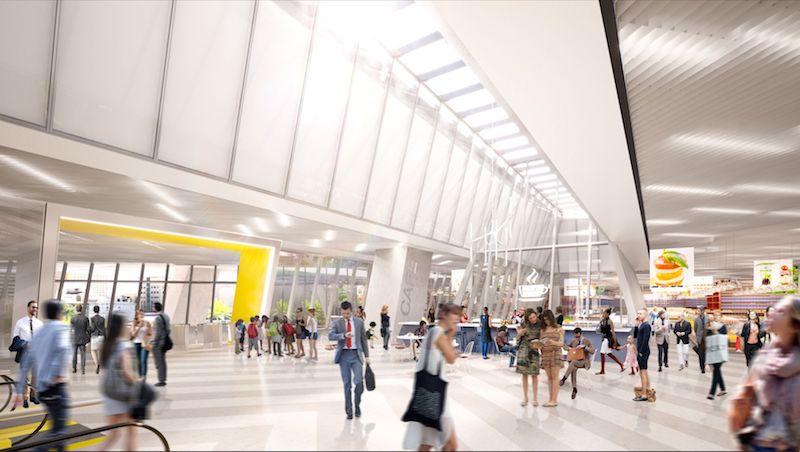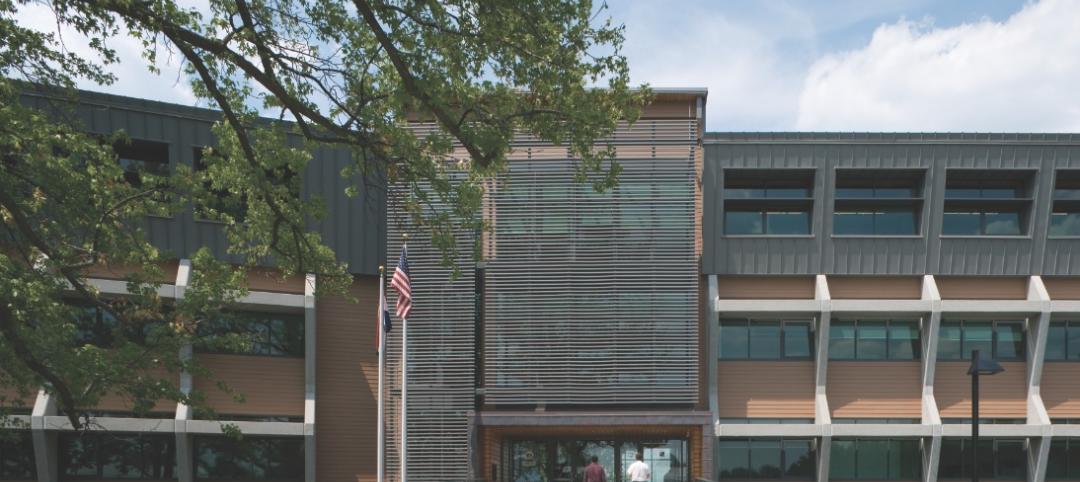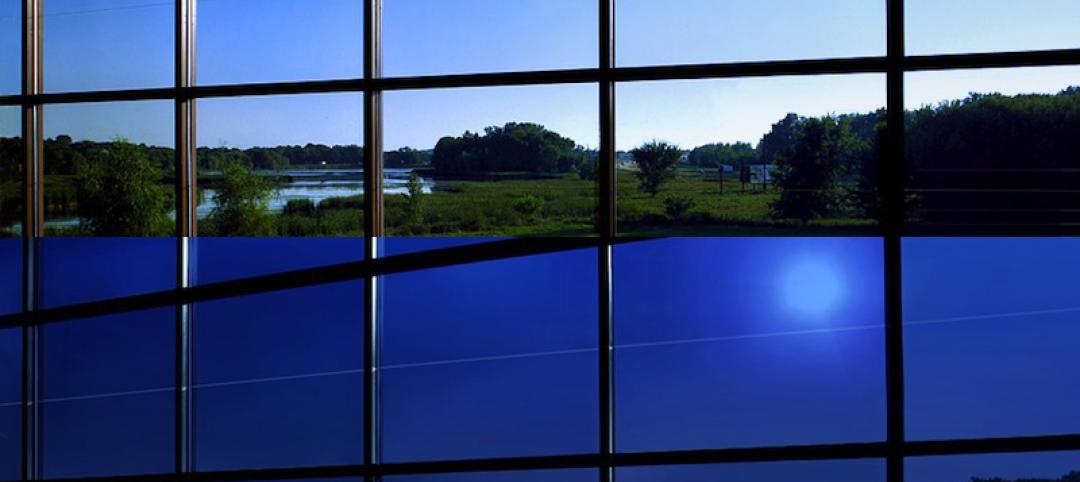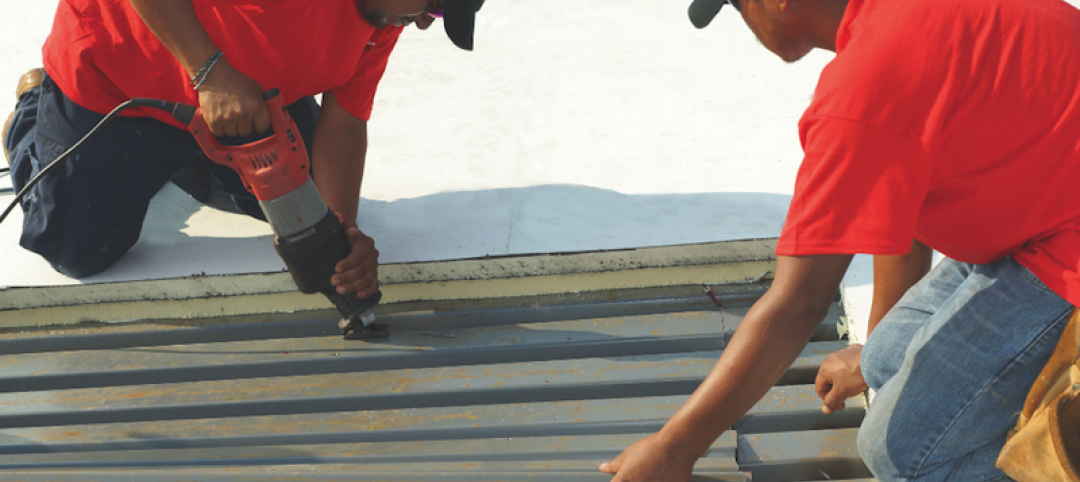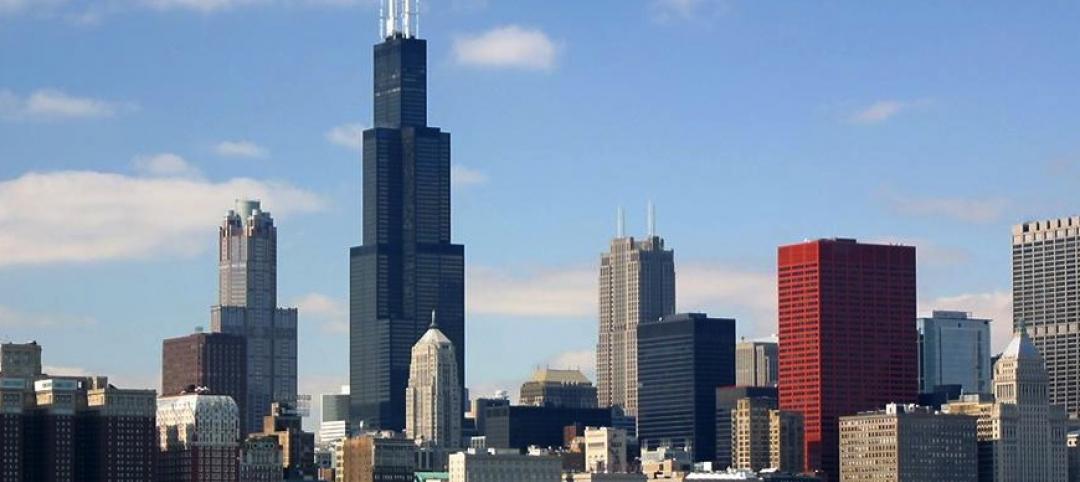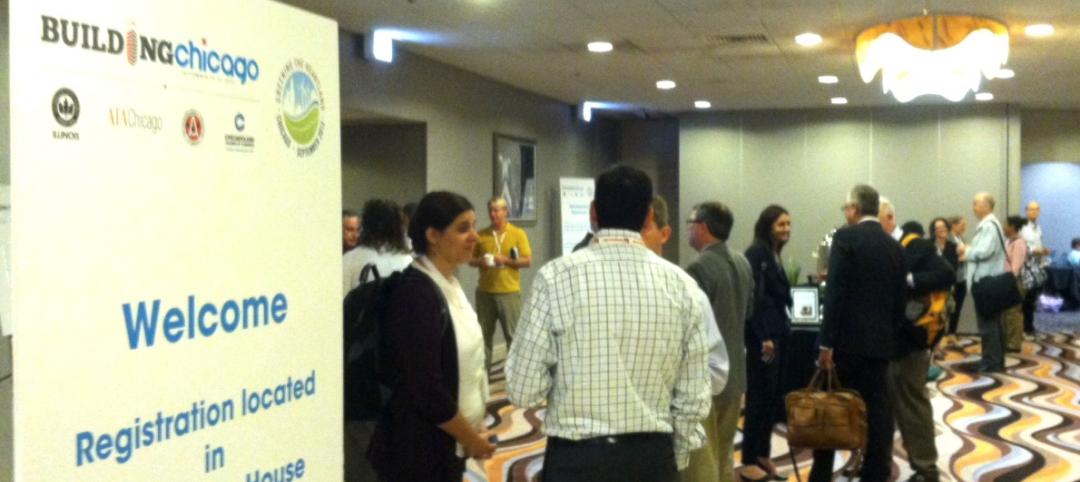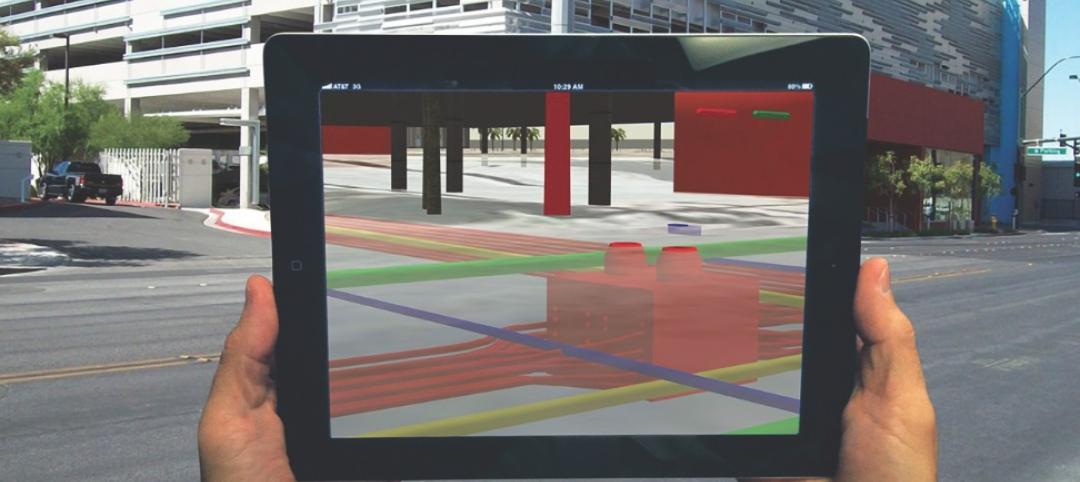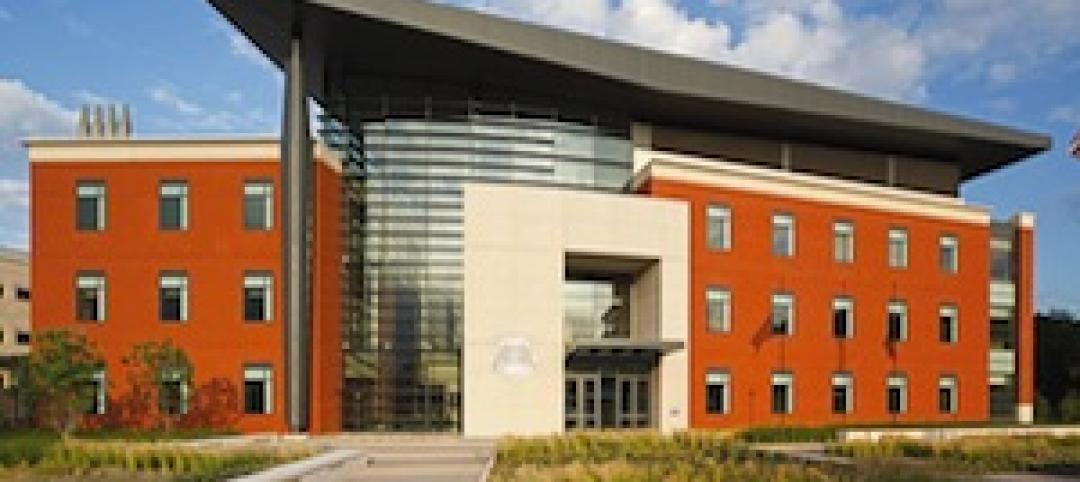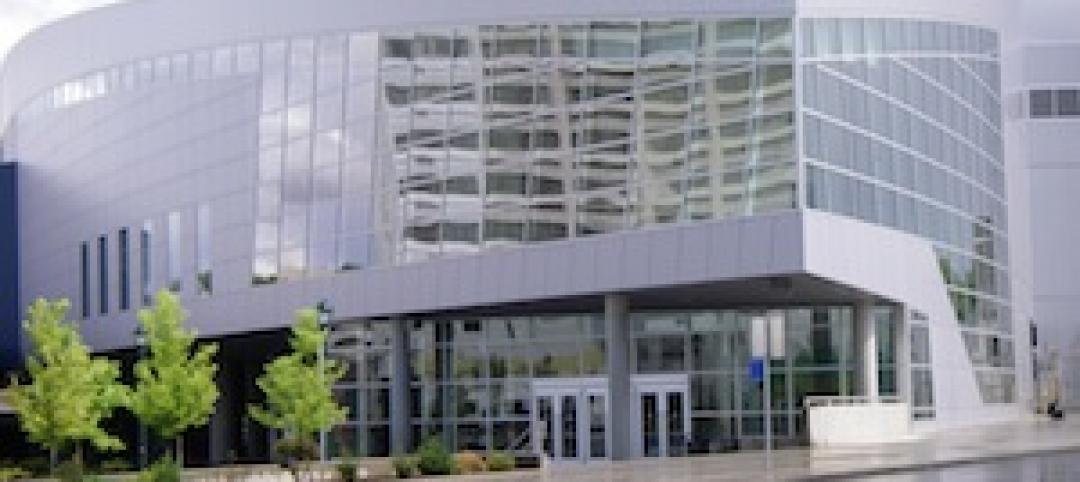Last month, All Aboard Brightline, Florida’s hospitality focused high-speed intercity passenger rail service, extended its service to MiamiCentral, a new 200,000-sf terminal on 11 acres in downtown Miami.
MiamiCentral is part of the only privately owned, operated, and maintained intermodal development in the U.S. Brightline’s rail system now includes nonstop service from Miami to a 27,500-sf station on 4.8 acres of land in downtown Fort Lauderdale, and a 60,000-sf station in downtown West Palm Beach, Fla. The Fort Lauderdale and West Palm stations opened on January 13.
All Aboard Brightline intends to expand this system’s service to Orlando eventually. According to a recent study by the Washington Economics Group, the Brightline rail system is projected to attract more than $6 billion in investments in Florida’s economy by 2022.
All Aboard Brightline secured state approval to sell bonds to pay for this project, whose cost is estimated at $3 billion. All Aboard Brightline is part of Florida East Coast Industries, a Coral Gables, Fla.-based holding company invested in real estate and transportation, with more than $46 billion in infrastructure assets under its management.
MiamiCentral is, in fact, a mixed-use development that spans six downtown blocks. It includes Two MiamiCentral, a 195,000-sf office tower that is scheduled to open late this year; and Three MiamiCentral, a 90,000-sf office tower with 35,000 sf of retail, that opened last December. (Yesterday, The Real Deal reported that Viacom had recently leased 24,000 sf on the 12th floor of Three MiamiCentral, which is now at 95% occupancy.)
The complex will eventually include 1.43 million sf of residential, which is scheduled to open next year.
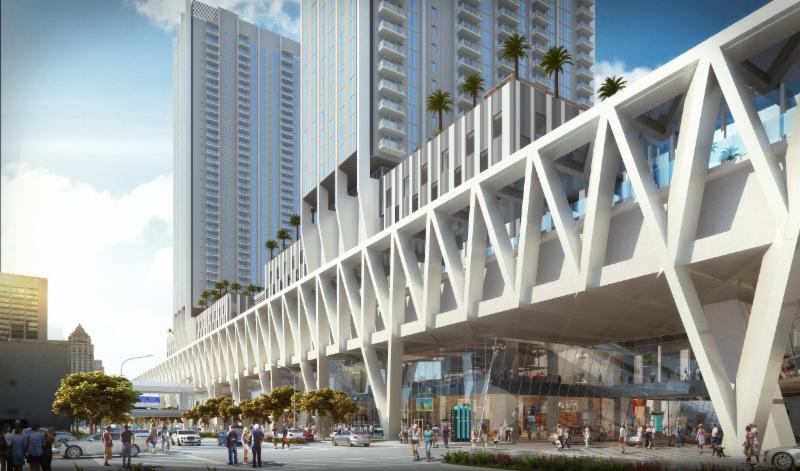
The 200,000-sf MiamiCentral station is elevated 50 feet above street level, where there's leased space for retail. Image: Smilodon GC
The MiamiCentral train station and its platforms are elevated 50 feet in the air in response to the density of the site. Street-level retail spaces are beneath the tracks. Elevated parking garages are situated above the rails and lift vehicles by elevator. A pool and green space sit atop the garage and in between the towers. “What makes the design unique is that it flips the idea of the traditional train station,” says Roger Duffy, FAIA, NCARB, Design Partner on the project. “We built the railway above grade to avoid interfering with existing street flow and, if you dig too deep under Miami, you hit the water.”
Duffy works for Skidmore, Ownings & Merrill, which in association with Florida-based Zyscovich Architects designed the three stations. Rockwell Group designed the interior check-in areas, food and beverage areas that are operated by Brightline, and lounges. Suffolk Construction was the GC on the Miami station, and Moss & Associates built the West Palm Beach and Fort Lauderdale stations.
For MiamiCentral, SOM converted the site of a former 1920s train station—which had been used for decades as a parking lot—into a 21st Century terminal. Commuters can use an app to book their trips and check train schedules. The trains themselves offer riders a baggage rack, bike rack, seating area tabletop electrical outlets, and bathrooms.
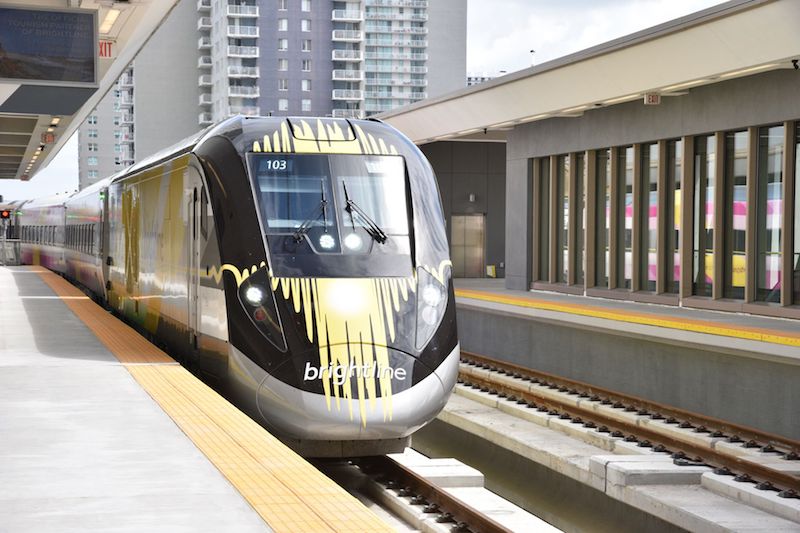
All Aboard Brightline intends to expand its service into Orlando eventually. One study estimates that the new rail system could attract more than $6 billion in new investments. Image: Brightline
One of SOM's primary design objectives was to create a sense of overall unity for the entire transportation network, while conveying a sense of identity for each station. SOM unified the stations' designs by exposing their structural forms—V-shaped bracing—as the main architectural expression, and by bringing in natural light through ample use of glass.
The Fort Lauderdale station rises above surrounding buildings and features a sequence of stacked glass boxes that provide a visual connection to the city. The West Palm station is sheathed in a glass façade, and its departure lounge is suspended 30 feet above the train platform.
Olin McKenzie, AIA, NCARB, Director at SOM, says the intention of this project is to “create new districts in these cities.”
Related Stories
| Sep 19, 2013
What we can learn from the world’s greenest buildings
Renowned green building author, Jerry Yudelson, offers five valuable lessons for designers, contractors, and building owners, based on a study of 55 high-performance projects from around the world.
| Sep 19, 2013
6 emerging energy-management glazing technologies
Phase-change materials, electrochromic glass, and building-integrated PVs are among the breakthrough glazing technologies that are taking energy performance to a new level.
| Sep 19, 2013
Roof renovation tips: Making the choice between overlayment and tear-off
When embarking upon a roofing renovation project, one of the first decisions for the Building Team is whether to tear off and replace the existing roof or to overlay the new roof right on top of the old one. Roofing experts offer guidance on making this assessment.
Smart Buildings | Sep 13, 2013
Chicago latest U.S. city to mandate building energy benchmarking
The Windy City is the latest U.S. city to enact legislation that mandates building energy benchmarking and disclosure for owners of large commercial and residential buildings.
| Sep 13, 2013
Chicago latest U.S. city to mandate building energy benchmarking
The Windy City is the latest U.S. city to enact legislation that mandates building energy benchmarking and disclosure for owners of large commercial and residential buildings.
| Sep 11, 2013
BUILDINGChicago eShow Daily – Day 3 coverage
Day 3 coverage of the BUILDINGChicago/Greening the Heartland conference and expo, taking place this week at the Holiday Inn Chicago Mart Plaza.
| Sep 10, 2013
BUILDINGChicago eShow Daily – Day 2 coverage
The BD+C editorial team brings you this real-time coverage of day 2 of the BUILDINGChicago/Greening the Heartland conference and expo taking place this week at the Holiday Inn Chicago Mart Plaza.
| Sep 4, 2013
Augmented reality goes mainstream: 12 applications for design and construction firms
Thanks to inexpensive mobile devices and increasingly advanced software apps, Building Teams are finally able to bring their BIM models to life on the job site.
| Aug 30, 2013
Local Government Report [2013 Giants 300 Report]
Building Design+Construction's rankings of the nation's largest local government design and construction firms, as reported in the 2013 Giants 300 Report.
| Aug 30, 2013
State Government Report [2013 Giants 300 Report]
Stantec, Jacobs, PCL Construction among nation's top state government design and construction firms, according to BD+C's 2013 Giants 300 Report.


